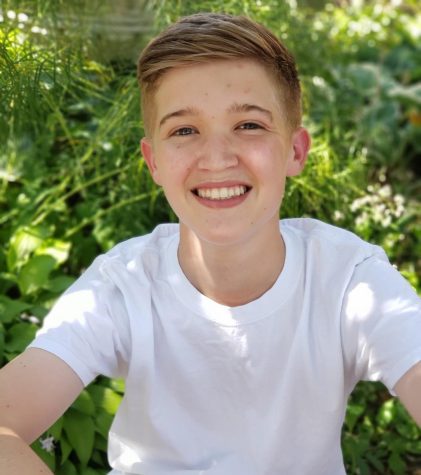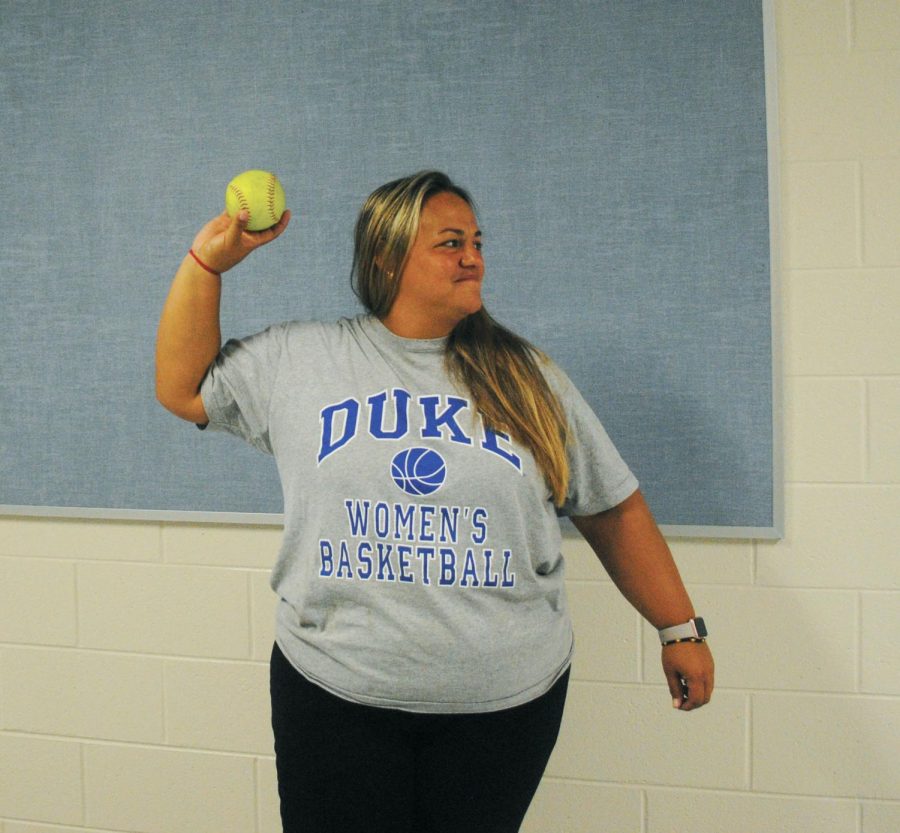Athletes through it all
Teachers use what they learned as athletes to help them to enhance their coaching abilities
Being able to understand a sport, or anything for that matter, is crucial when teaching or coaching the concept. But for some coaches, they’re experience as players is what gives them the advantage when they teach their craft to the new generation of players.
Peter Ternes, history teacher, Amanda Rodriguez, PE teacher, and Michaela Towne, Spanish teacher, all played multiple sports in high school, and have used those diverse experiences to help them as coaches at LZHS.
“I coached for 24 years, and I just gave it up last year. I’m trying to pay it forward. Trying to take what I’ve learned from other people and pass it on to the kids so they learn, so they enjoy the sport and love the sport as much as I do,” Ternes said.
Ternes played soccer and tennis in high school with soccer as his primary sport. After high school, he went on to play for three years at Illinois State, and then later graduated to pro as a player for the Dayton Dynamo and the Rockford Rattlers. He then started using the skills that he learned from playing professionally to coach high school soccer, Ternes said.
“[I started coaching] because I love the game. I love soccer and I want to pass along my knowledge, my experiences, and help people to enjoy the game as much as I do,” Ternes said. “I knew that having my experiences as a pro with how fun and how great it was, I could relay that to anybody else that I coach.”
Like Ternes, Rodriguez played her primary sport, softball in college. However, Rodriguez never had the opportunity to go pro because there was no league yet. However, she took that opportunity to coach the game she loved, Rodrigues said.
“The reason I coach is because I have a passion for the sport,” Rodriguez said. “I know what type of impacts my coaches have had on me, and I like to give that back.”
While in school, she played many sports that, according to Rodriguez, influenced her coaching style.
“[Playing multiple sports] influenced my coaching style. Seeing all the different extremes and all of the different styles helps me mold into the coach I am,” Rodriguez said of her experiences.
Towne also played multiple sports and coached volleyball in order to give back to the game, but also stressed how playing multiple sports benefitted her, Towne said.
“[I think it was good] not only from an athletic standpoint but from a mindset standpoint. In one sport I was a varsity starter for four years, another for two years, and another for zero years,” Towne said. “aside from the physical aspect, it’s not good on your body to play one sport or do the same motion year round. I think it made me probably a better athlete than I would have been if I just specialized in one sport.”
As athletes may have memories or performances that stay with them forever, the coaches mentioned above also have their moments that define their careers.
“[One that sticks out] is going to the state finals, and losing in double overtime versus New Trier on an unbelievable goal,” Ternes said. “Seeing all of those kids a few years later after they graduate, those are awesome memories.”
Rodriguez has her great memories from a similar scenario where her softball team went far in the IHSA state tournament early on in her career as a coach.
“My first year as a head softball coach, the group of seniors, I knew them since they were in third grade from camp, and I was really close with them. It was a great experience. We made it pretty far, we made it to super-sectionals. It was good to be able to coach them at a high level before they left.”
Overall, coaches choose to volunteer their time because of the love of the game and to spread knowledge, Ternes said.
“Watching a player love the game as much as I love the game [is the most rewarding thing],” Ternes said. “Watching them turn into a young adult, and pass their knowledge onto someone else, that’s the most rewarding thing. sometimes, I make a little bit of difference. It’s a cool thing.”

As a senior, this is Alex's third year on staff and fourth year in the journalism program. He is very excited to work as the Sports Editor again. When...

